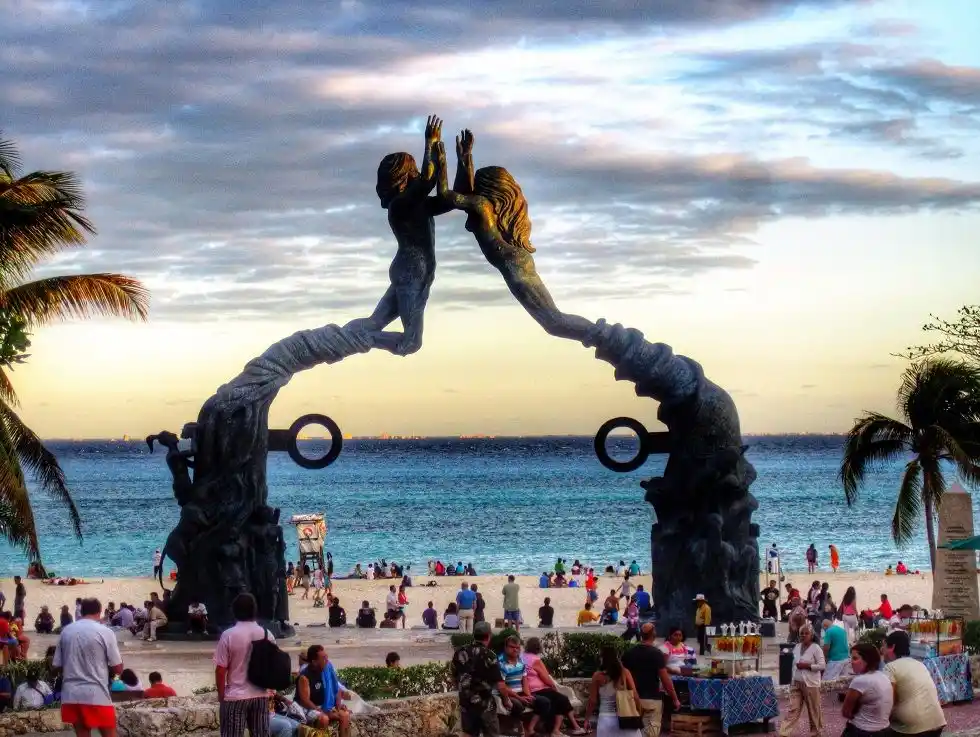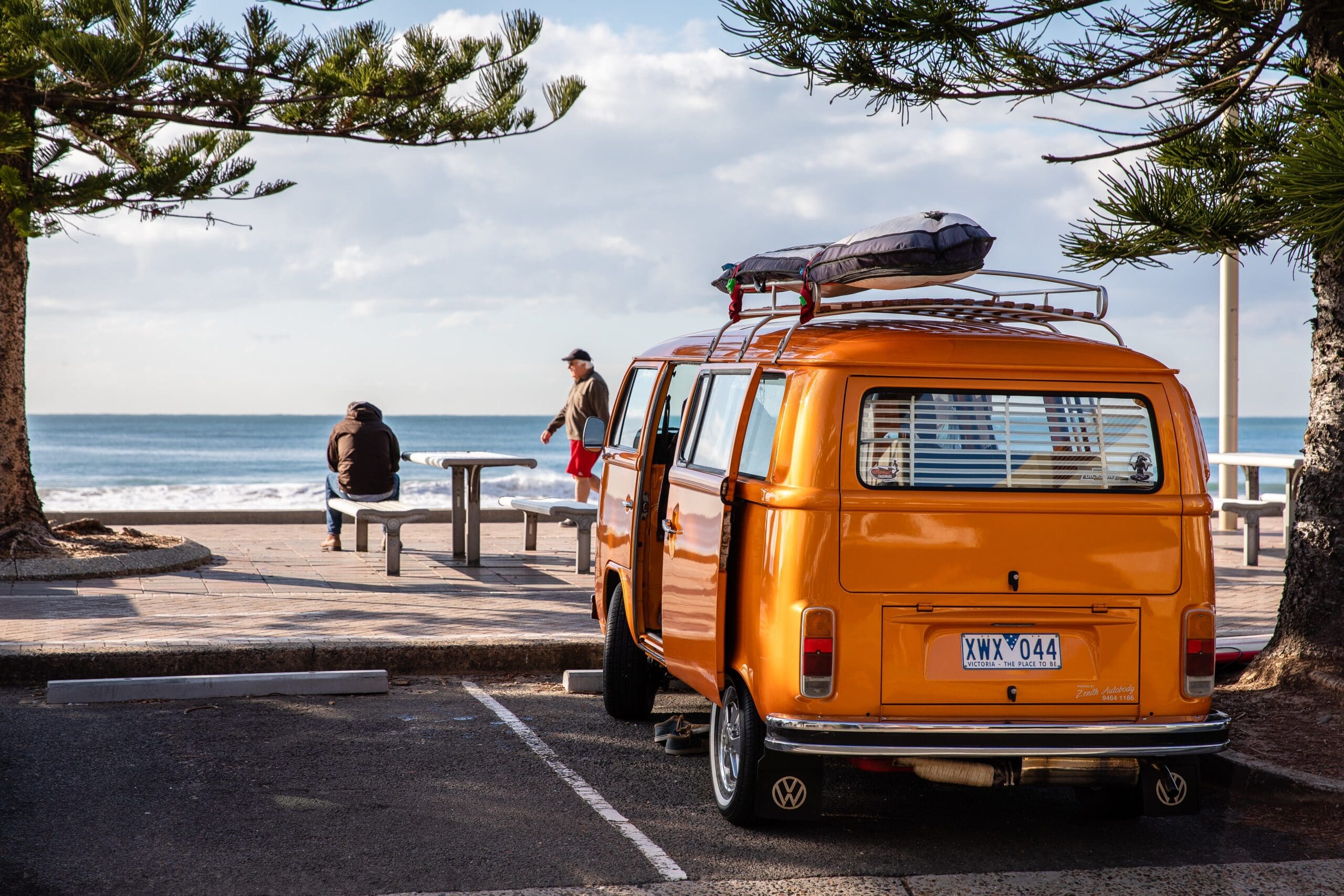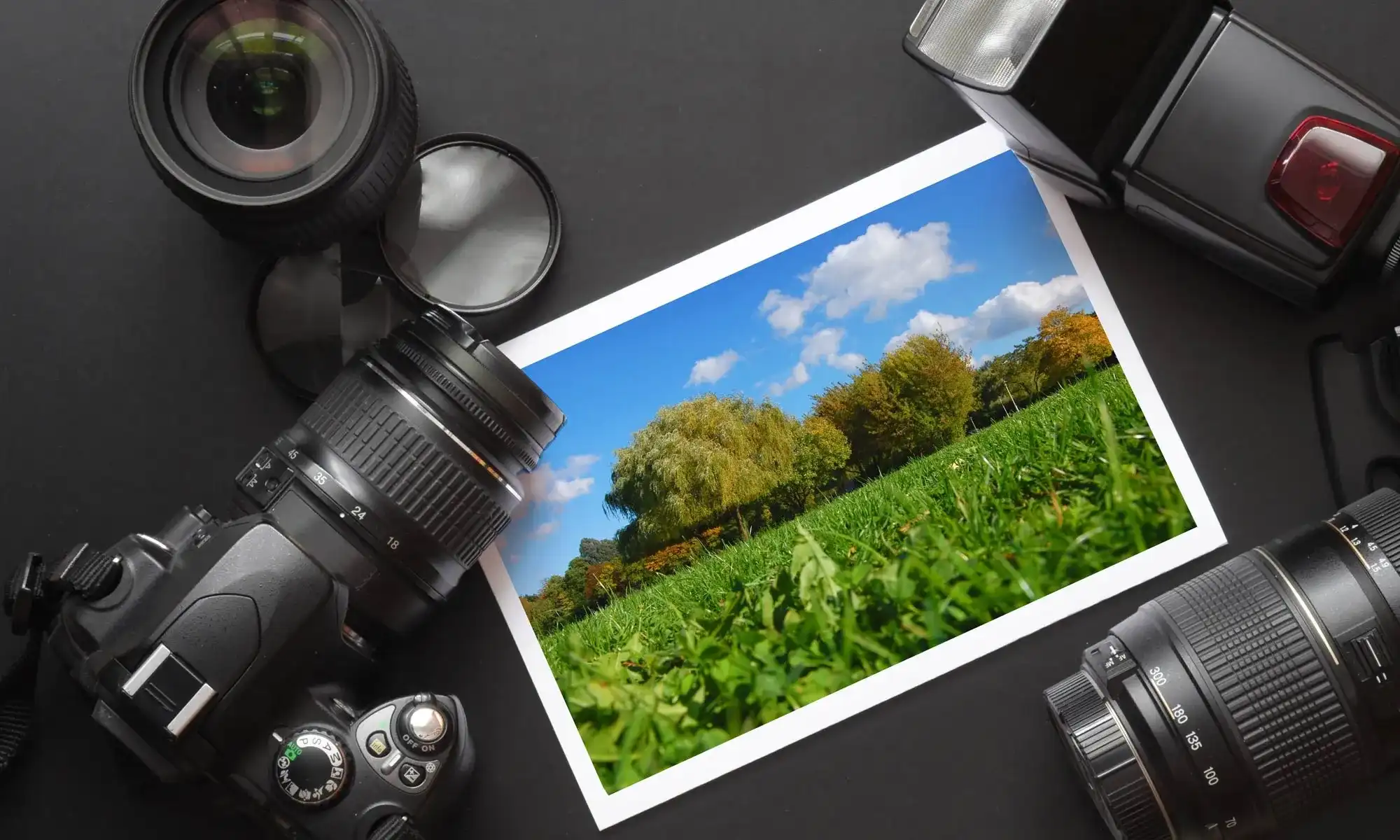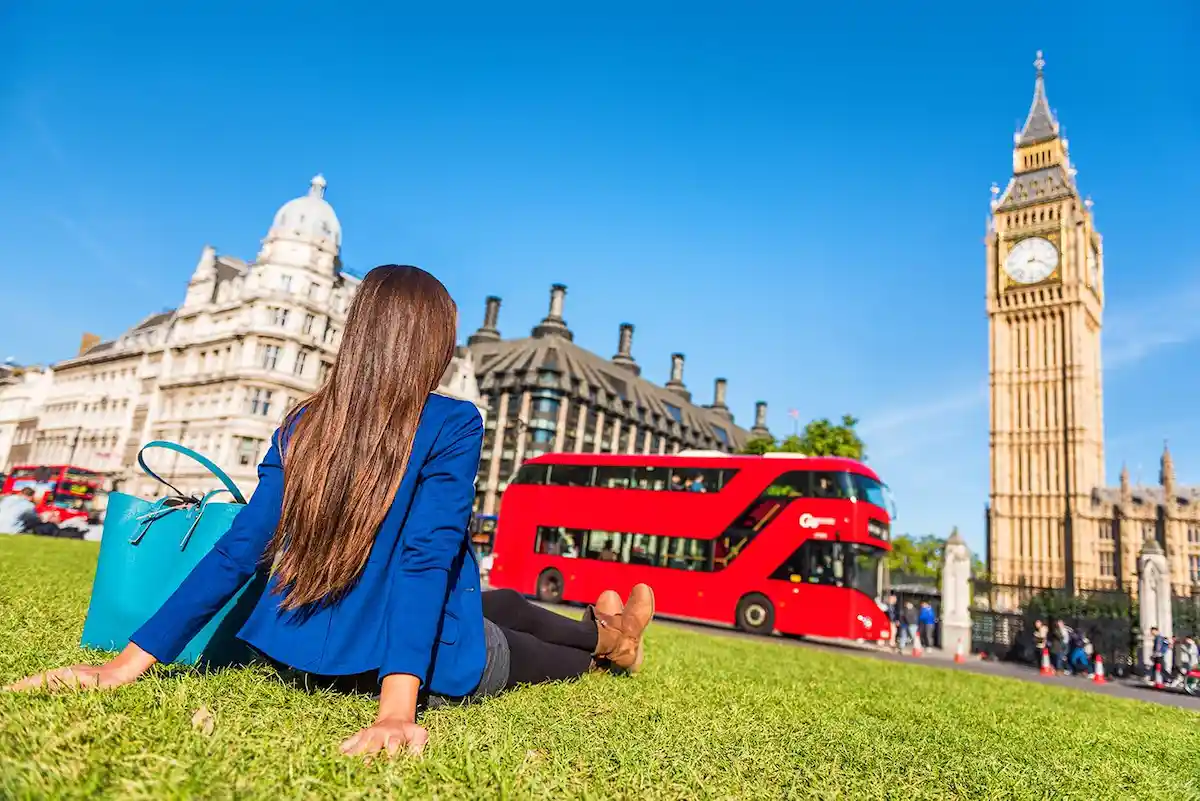Traveling is an exhilarating experience that opens the door to new adventures, cultures, and memories. Whether you’re exploring bustling cities, serene beaches, or rugged mountains, the joy of travel comes with the responsibility of staying safe. Unfortunately, unfamiliar environments can pose challenges, from navigating local customs to avoiding potential hazards. With proper planning and mindful habits, you can ensure your trip is as safe as it is enjoyable.
Preparation is the cornerstone of a secure and stress-free journey. From backing up essential documents to researching your destination, taking proactive steps reduces uncertainty and equips you to handle unexpected situations. With advances in technology, staying connected to loved ones and accessing emergency resources has never been easier. These tools, combined with common sense and vigilance, can help you navigate your travels with confidence and peace of mind.
Safety during travel isn’t just about protecting yourself from risks—it’s also about creating an environment where you can immerse yourself in the experience without worry. By blending in with local culture, managing your online security, and keeping emergency contacts at hand, you can focus on enjoying the journey. Safe travel allows you to fully embrace the adventure, knowing you’ve taken steps to protect yourself and your loved ones.
Traveling is one of the most rewarding experiences, offering new perspectives, cultural insights, and unforgettable memories. However, a safe journey requires preparation and vigilance to ensure your vacation remains enjoyable and stress-free. Here’s a comprehensive guide to help you travel safely and make the most of your adventure.
1. Backup Your Documents Digitally
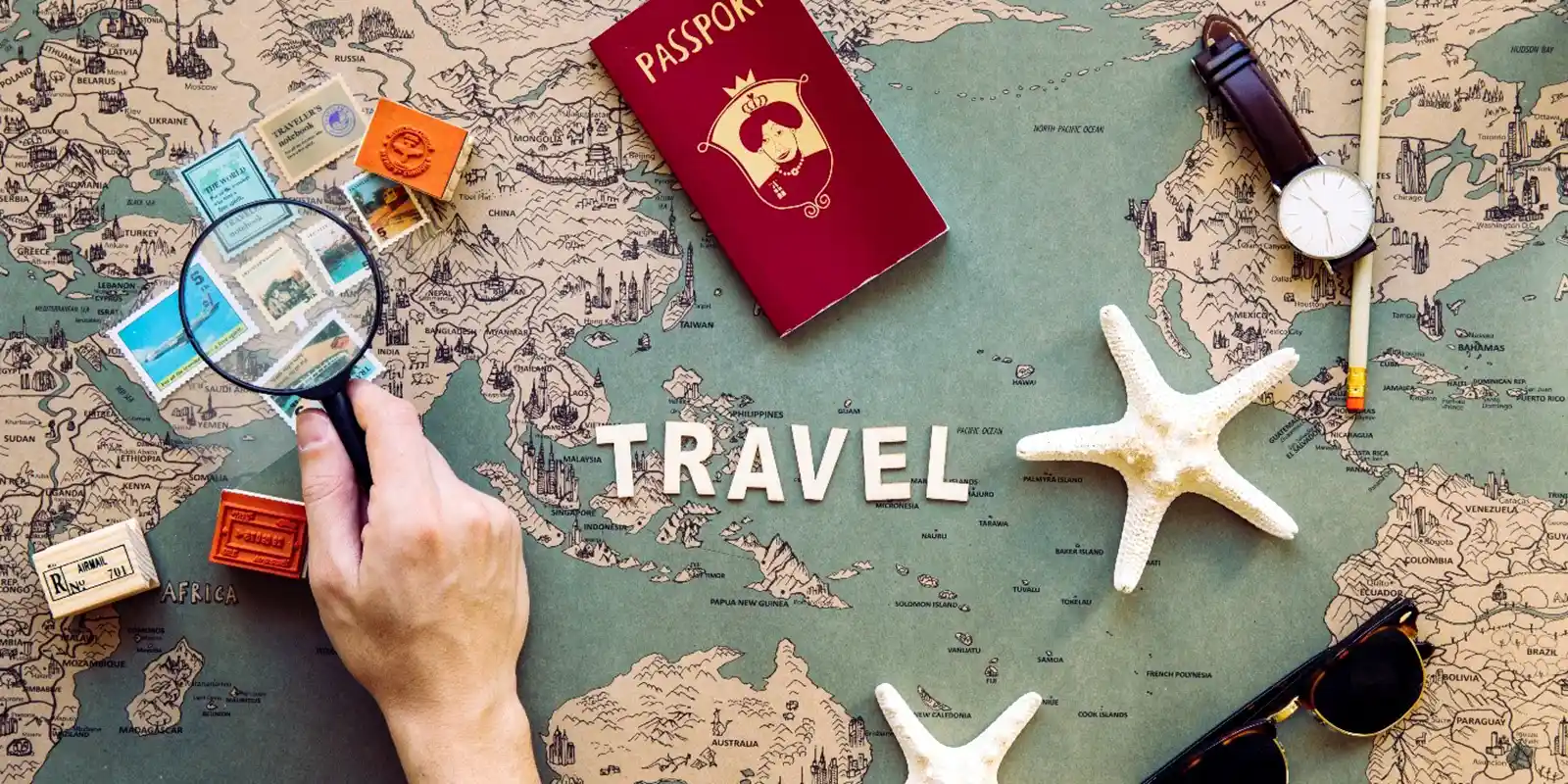
Losing critical documents, such as passports, visas, or travel tickets, can create significant disruptions. Preparing digital backups ensures you’re never caught off guard.
- Scan Essential Documents: Digitally store your passport, visa, travel insurance, and driver’s license. Use secure cloud services like Google Drive or Dropbox for accessibility from anywhere.
- Email Copies to Yourself: Sending these documents to your email provides an additional layer of backup.
- Carry Physical Copies: Store a photocopy of key documents in a separate part of your luggage.
Digital backups expedite the replacement process in case of loss or theft, keeping your travel plans on track.
2. Avoid Looking Like a Tourist

Appearing overtly like a tourist can make you a target for scams or pickpocketing. Subtle adjustments can help you blend into the local culture.
- Dress Like Locals: Research the local dress code and avoid overly bright or flashy clothing that screams “tourist.”
- Learn Basic Phrases: Knowing a few words in the local language shows respect and helps you communicate effectively.
- Use Maps Discreetly: Instead of unfolding large paper maps, rely on mobile apps like Google Maps or Maps.me to navigate discreetly.
- Act Confidently: Even if you’re unsure, maintain a confident demeanor to avoid drawing unnecessary attention.
Blending in allows you to enjoy an authentic experience while minimizing unwanted attention.
3. Be Cautious When Using Public Wi-Fi

While public Wi-Fi is convenient for checking emails or maps, it can expose your personal information to hackers. Taking precautions ensures your online safety.
- Use a VPN (Virtual Private Network): Encrypt your internet connection with reliable VPN software.
- Avoid Sensitive Transactions: Refrain from accessing banking apps or entering credit card details over unsecured networks.
- Turn Off Automatic Connections: Disable automatic Wi-Fi connections on your device to avoid connecting to malicious networks unknowingly.
Protecting your digital identity ensures that your personal data remains secure during your travels.
4. Have Emergency Contacts
In an emergency, having access to key contacts can make a world of difference. Be prepared by compiling a list of important numbers.
- Local Emergency Numbers: Save the contact details for local police, ambulance, and fire services.
- Embassy or Consulate: Record the nearest embassy or consulate’s contact information for assistance with lost documents or legal issues.
- Family and Friends: Share your travel plans with someone you trust and keep their numbers handy for quick communication.
Having this information readily available ensures that you can act swiftly in unexpected situations.
5. Share Your Itinerary with Friends or Family Members

Letting someone know your travel plans is a simple yet effective safety measure.
- Provide Travel Details: Share your flight numbers, accommodation addresses, and a rough itinerary.
- Regular Check-Ins: Establish a schedule for checking in with loved ones, whether via phone, email, or messaging apps.
- Notify Changes: Inform your trusted contact of any significant alterations to your plans.
This proactive step helps loved ones stay informed about your whereabouts and ensures they can assist if needed.
6. Research Your Destination

Understanding your destination’s culture, laws, and customs can help you avoid potential pitfalls and enhance your experience.
- Check Travel Advisories: Review government-issued advisories for safety updates.
- Learn About Local Laws: Some actions, acceptable in your country, may be illegal or frowned upon elsewhere.
- Familiarize Yourself with Scams: Research common tourist scams to avoid falling victim.
Being well-informed equips you with the knowledge to navigate unfamiliar environments confidently.
7. Get Travel Insurance

Investing in travel insurance provides peace of mind, covering unexpected medical emergencies, cancellations, or lost belongings.
- Medical Coverage: Ensure your policy covers medical treatment, including evacuation if necessary.
- Trip Cancellations: Protect against unexpected cancellations or delays that could affect your plans.
- Adventure Sports Coverage: If you plan to engage in high-risk activities, ensure your policy includes them.
Travel insurance is a small cost compared to the potential expenses of unforeseen events.
Final Thoughts
Safe travel is about staying prepared, being aware of your surroundings, and taking proactive measures. By backing up documents, blending in, and staying connected with emergency resources, you can focus on the joy of exploration. Embrace the adventure with confidence, knowing you’ve taken the necessary steps to ensure your safety.
FAQs
Q1. What should I do if I lose my passport abroad?
Contact your country’s embassy or consulate immediately. They can assist you in obtaining a temporary passport or emergency travel document.
Q2. Is travel insurance mandatory?
While not always mandatory, travel insurance is highly recommended to cover medical emergencies, trip cancellations, and unexpected events.
Q3. How can I keep my money safe while traveling?
Use a money belt or concealed pouch, and never carry all your cash and cards in one place. Keep a portion of your funds securely in your accommodation.
Q4. Are there apps for travel safety?
Yes, apps like TripIt, Google Translate, and offline maps can help you navigate safely and stay organized during your trip.
Q5. How do I handle medical emergencies while traveling?
Ensure you have travel insurance with medical coverage. Locate nearby hospitals or clinics in advance and save emergency contact numbers.
Q6. Should I avoid solo travel for safety reasons?
Solo travel can be safe with proper precautions, such as sharing your itinerary, staying in well-reviewed accommodations, and trusting your instincts.
Q7. What’s the best way to avoid pickpocketing?
Stay alert in crowded areas, keep valuables in a secure, hidden pocket, and use anti-theft bags with lockable zippers.

